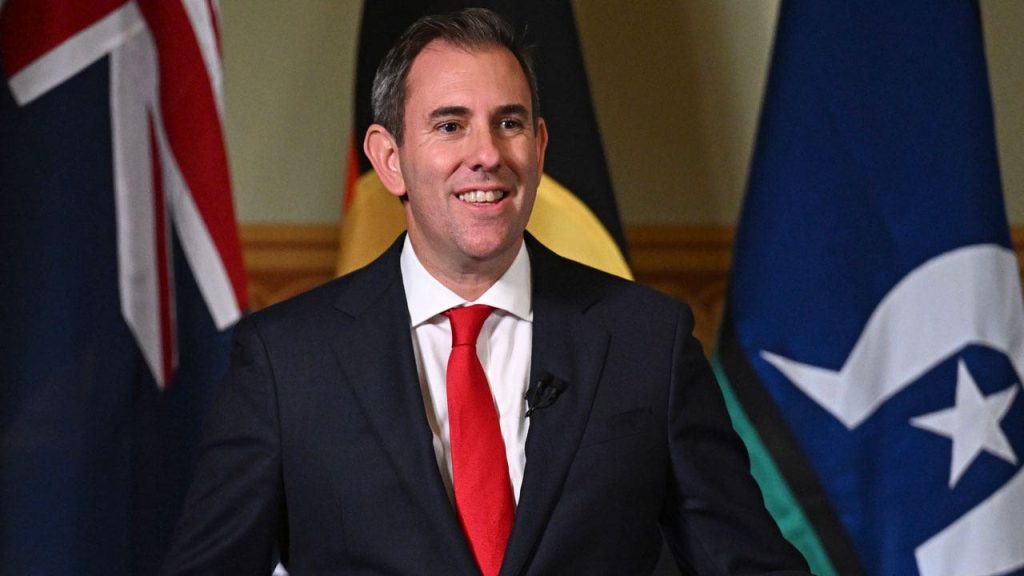In recent years, the bilateral relationship between Australia and India has improved significantly, with emphasis placed on economic and military ties. While Australia’s Treasurer Jim Chalmers acknowledged the positive developments in the relationship, he declined to comment on reports that two Indian spies were secretly expelled from the country four years ago. Prime Minister Anthony Albanese and Foreign Minister Penny Wong also avoided questions regarding the alleged spying, citing the government’s policy of not commenting on intelligence matters. The Australian Security Intelligence Organization (ASIO) uncovered the espionage activities of the Indian operatives, targeting politicians, the police force, and the country’s diaspora in Australia. The operatives were also accused of obtaining classified information about Australia’s trade relationships and defense technology.
ASIO Director-General Mike Burgess described the activities of what he referred to as a “nest of spies” in a public speech in 2021, but the exact identity of the nation behind the espionage was not revealed. While speculation pointed towards China or Russia, anonymous security officials have identified the two expelled spies as operatives of India’s foreign intelligence agency, the Research and Analysis Wing. These operatives reportedly sought information on security protocols at a major Australian airport and recruited an official with security clearance to access sensitive defense technology details. The reports have raised concerns about Indian intelligence activities in Australia and their potential implications for national security.
Despite increasing economic and military cooperation between India and Australia, questions remain about the extent of India’s intelligence operations in Australia and their impact on the bilateral relationship. The Australian government’s response, which has focused on avoiding direct comment on the issue, reflects the delicate nature of intelligence matters and the need to navigate such sensitivities diplomatically. As Australia seeks to reduce its economic reliance on China and strengthen ties with other regional partners, including India, the revelations about Indian espionage activities complicate efforts to build trust and cooperation. Moving forward, both countries will need to address these concerns and work towards ensuring mutual respect and understanding in their bilateral relationship.
The role of intelligence agencies in shaping diplomatic relations between countries underscores the complexities and challenges involved in maintaining international partnerships. While efforts have been made to foster closer economic and military ties between Australia and India, the recent reports of Indian spying in Australia highlight the need for transparency and accountability in intelligence operations. As both countries navigate the evolving geopolitical landscape in the Indo-Pacific region, they must address issues related to security and espionage in a manner that promotes trust and cooperation. Ultimately, the future of the bilateral relationship will depend on how Australia and India address these challenges and work towards broadening their engagement on mutual interests, while safeguarding national security concerns.













